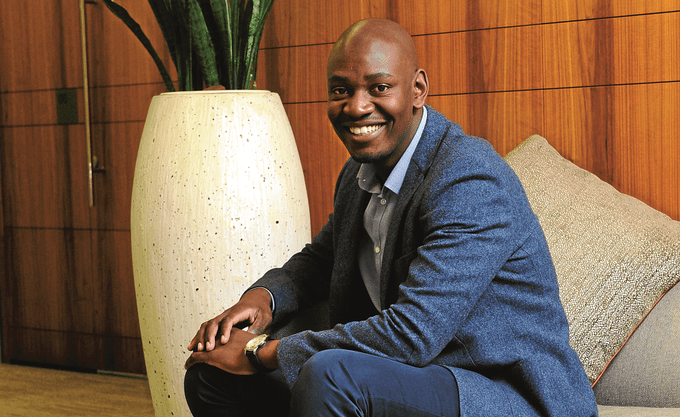You can also listen to this podcast on iono.fm here.
SIMON BROWN: I’m chatting now with Miyelani Maluleke, senior economist at Absa. Miyelani, I appreciate the early morning. A recent note put out by yourself and your team [focused on the] GDP forecast for South Africa. You’re actually now looking for a negative fourth quarter for last year, and then again negative for the first quarter of this year. That’s a technical recession in other words for our economy, I imagine in large part thanks to load shedding.
MIYELANI MALULEKE: That’s absolutely right, Simon. So for the fourth quarter of 2022, firstly, I have seen enough high frequency data that comes from StatsSA. For instance, just last week we saw mining numbers, we’ve seen manufacturing numbers. And if you look at Q4 overall, those two very important sectors with strong linkages across the rest of the economy… were down. So we think Q4 is likely to come out at -0.5%, -0.4% on a quarter-on-quarter basis.
And then coming into this year, I think even the most bearish forecaster really could not have anticipated the sharp escalation in load shedding that we have seen, which is of course now even more persistent than at any time that we have seen. Now more than 100 straight days of load shedding. It is causing significant disruptions, particularly for smaller businesses who are struggling with the cost of diesel, or even the cost of buying their [own] generation to begin with.
So our baseline view is that we will probably see a contraction as well in this quarter.
I think whether the situation improves or not, Simon, going over the rest of the year, is going depend on how much of the plan this National Energy Crisis Committee actually starts to deliver.
But I think overall this is going to be a very difficult growth year for South Africa.
SIMON BROWN: Yes. I take the point. Even if things start to improve on the electricity front, it’s going to be a tough year.
Touching on inflation, we’ll have numbers out from Stats SA later this morning. The market seems to be looking for an improvement, although it’s still above the range. But you have the view that probably inflation has peaked, and that in fact even rate increases have peaked and we might see rates down late this year.
Read:
Food prices hit 14-year high as load shedding escalates
January inflation slows to 6.9% y/y in SA
MIYELANI MALULEKE: Well, we think that’s where a bit of good news may be in the SA macro story for this year. I think if you reflect more broadly, Simon, to think about the South African experience over the last 18 months, one thing that’s been really interesting to us is that even though we’ve had the same kind of shocks as the rest of the world – supply-chain constraints, higher commodity prices – the one thing we didn’t see manifest as badly here in South Africa is the generation of second-round impacts.
In other words, you didn’t those price shocks propagating as strongly as what you saw in the US, which is why for some period of time last year you actually had US inflation running higher than South Africa’s inflation.
So we have [seen inflation] coming down. We were at 7.8% in July, 7.2% by December. We think the number for January is going to print about 6.7% [it was in fact 6.9%].
And we expect inflation should be back within target by May this year, and we expect an average of about 5.5% for the year as a whole.
Now, I should mention again, I think related to load shedding, that there is an upside risk here that we need to be mindful of. We hear [about] lots of businesses that are spending big amounts of money on diesel just to keep operating; it’s eating into their margins and the risk is that they may want to claw that back.
But I think if inflation continues on the trajectory that we believe it’s likely to continue on, it’s also kind of broadly consistent with the … view as well. We are of the view that this hiking cycle may have topped out, and the scope may open up for a little bit of easing later on in the year.
SIMON BROWN: That is some good news after what has been a really tough period. But I really like your point around second-round impacts. We didn’t see it, and that is significant.
We’ll leave it there. Miyelani Maluleke, senior economist at Absa, I appreciate the early morning insight.
Listen to the full MoneywebNOW podcast every weekday morning here.

